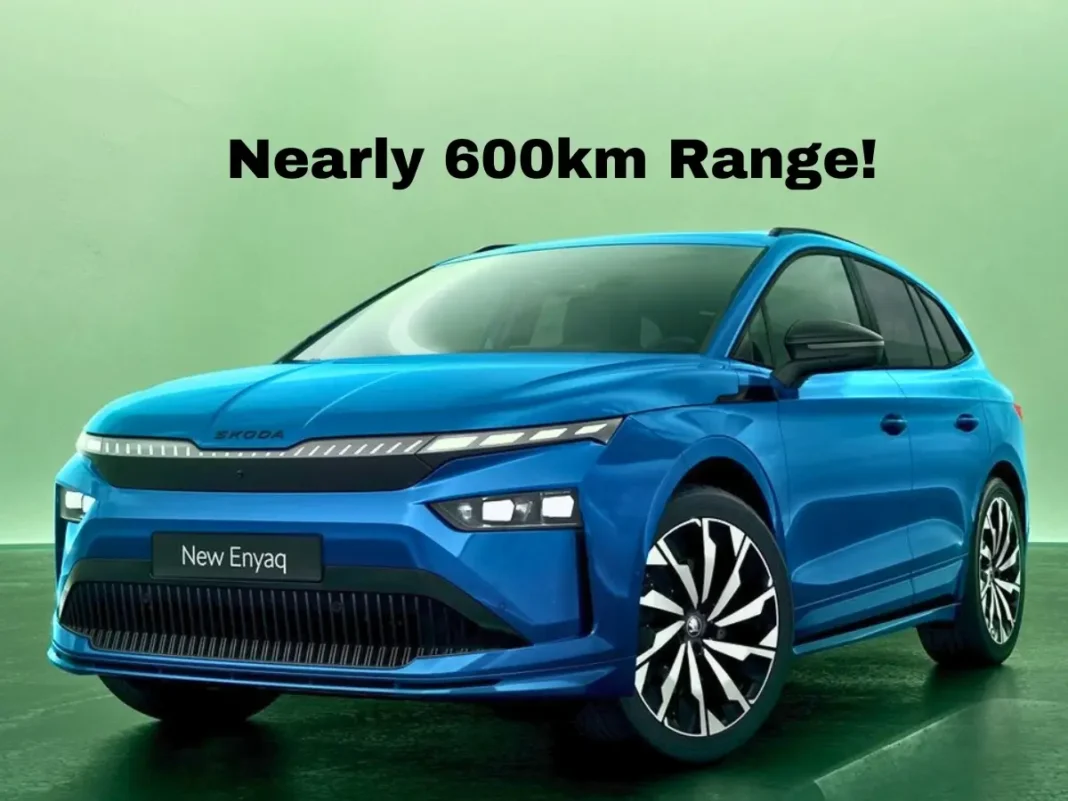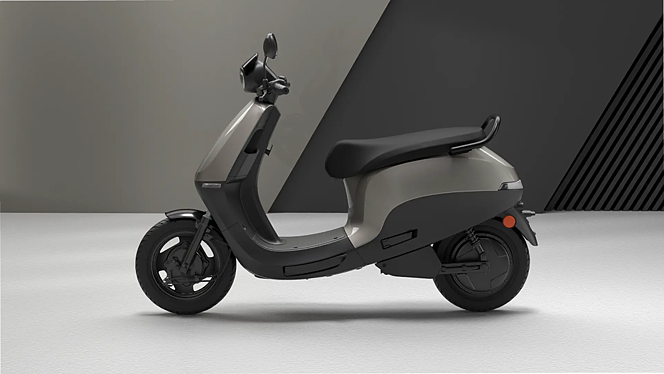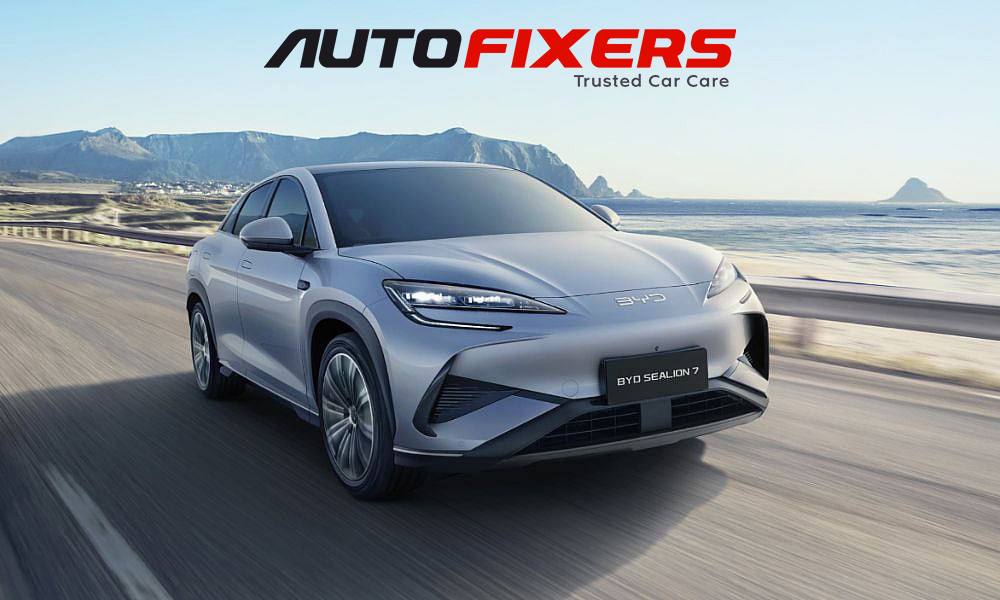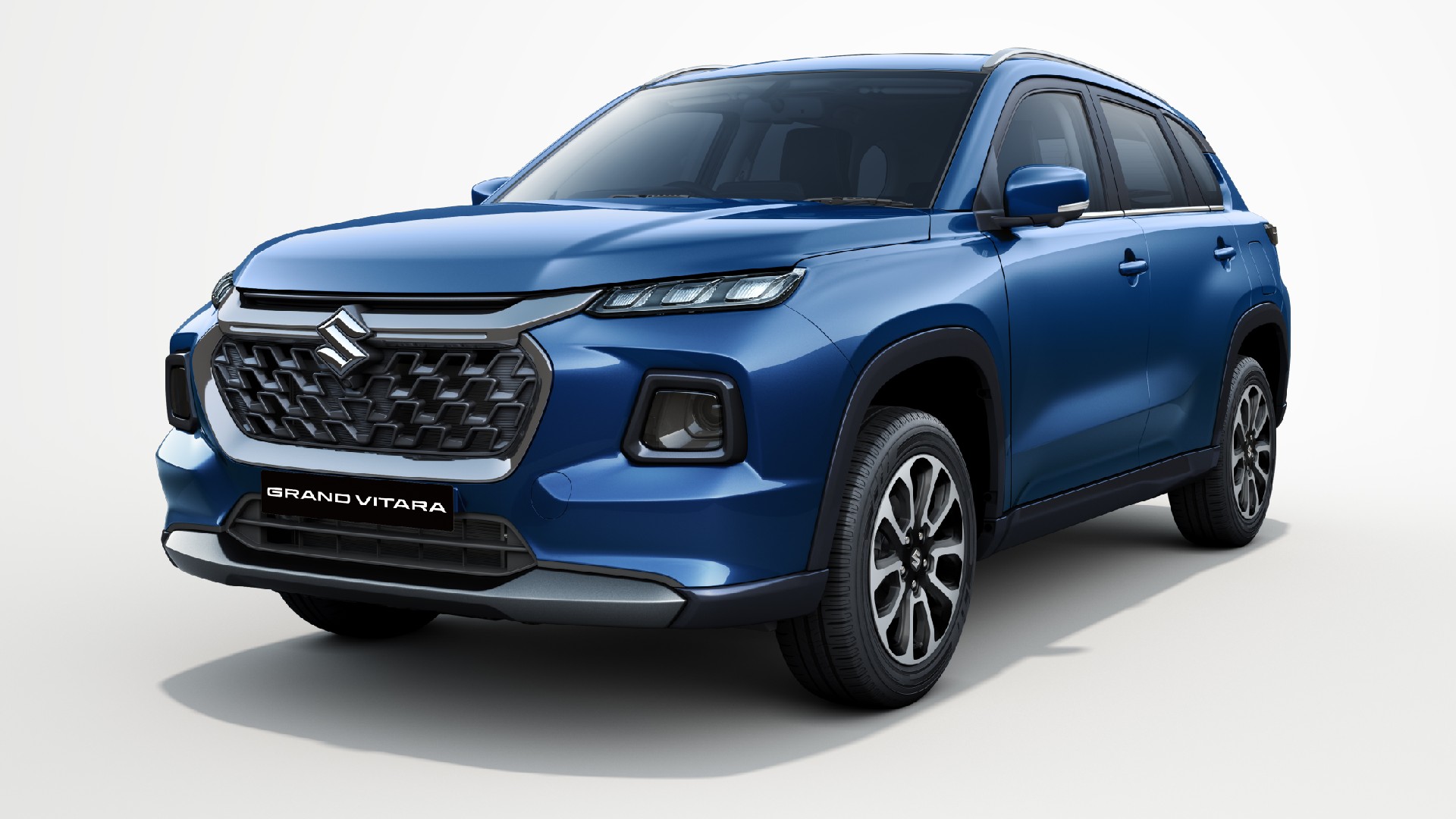Introduction to the Hunter 350
Since its launch in 2022, the Royal Enfield Hunter 350 has emerged as an impressive entry into the market. Its stylish design, solid build quality, and competitive pricing make it an attractive option for buyers looking for a connection to a prestigious brand. However, the previous version was not without its shortcomings. Recently, Royal Enfield addressed customer feedback with updates designed to enhance the overall ownership experience. Let’s explore whether these improvements have resolved the earlier drawbacks.
Suspension and Ride Comfort – 8/10
Improvements with New Shocks
One of the primary issues with the original Hunter model was its rigid rear suspension, which affected ride comfort. For 2025, Royal Enfield has replaced the previous model’s linear springs with progressive units. This change has significantly improved the ride quality, making it a standout feature of the new model.

This updated suspension now handles potholes and uneven road surfaces much better, offering a comfortable riding experience even on rough terrain. While it may not match the plush comfort levels of the Classic 350, the improvements make ride comfort on the Hunter a non-issue.
Riders will notice a more compliant feel even at a standstill, with the suspension reacting better to various road conditions. Existing Hunter owners can retrofit these new shocks to enhance their riding comfort.
Clutch Effort – 9/10
Enhanced Clutch Performance
The previous model’s heavy clutch pull was a common complaint, particularly in stop-and-go traffic. Royal Enfield has introduced a slip/assist clutch in the latest version, significantly reducing the effort needed to operate the clutch lever. This improvement not only makes riding more comfortable but also retains adequate feedback for better control.

This feature will soon be standardized across Royal Enfield’s 350cc lineup, providing an easier riding experience. Similar to the suspension upgrades, it is also available for older models, making it a worthwhile retrofit for those frequently navigating city traffic.
Ride and Handling – 8/10
Agility with Stability
Overall, aside from the changes mentioned, the Hunter maintains its essence with a few subtle updates. It remains an accessible, fun motorcycle that is now even more enjoyable to ride thanks to addressing previous complaints.

The Hunter is characterized by its nimbleness and stable handling, providing confidence on the road without feeling overly reactive—perfect for a laid-back riding style.
Seating Comfort – 9/10
Spacious for Taller Riders
Despite its compact size, the Hunter accommodates taller riders comfortably. While it becomes a bit tight with a pillion, the design improvements include a handlebar positioned closer to the rider and revised seat foam density for better long-distance comfort.

This makes the bike suitable for longer rides as well, now enhanced by an increase in ground clearance, which has risen by 10mm to a total of 160mm, allowing the bike to better navigate uneven roads, especially when loaded.

Engine Sound and Refinement – 9/10
A Charming Engine Experience
The RE 350cc engine remains a key attraction, delivering a smooth, torquey ride with a distinctive exhaust note. Maintaining its output of 20hp and 27Nm, the engine’s delivery enhances the overall riding experience, creating an appealing option for long-distance travels.
The sound has a unique character that differentiates it from other models in the 350cc category, providing an entertaining accompaniment during rides.
Headlight Performance – 7/10
LED Headlight Evaluation
The Hunter features a new LED headlight, replacing the previously standard halogen unit. While the LED appears modern and stylish, its illumination performance is somewhat average compared to the effective halogen setup of the earlier model.

Price and Verdict – 9/10
Value for Upgraded Features
In conclusion, the Hunter 350 presents a well-rounded value proposition with meaningful updates. The price increase for mid and top variants is a modest Rs 7,000, while the base price remains unchanged. The baseline model lacks some features like advanced switchgear and benefits from simpler wheels and ABS setups.

With the latest updates, the Hunter’s flaws have been addressed, showcasing Royal Enfield’s commitment to customer feedback and enhancing its position as a leading option in the segment.





